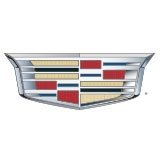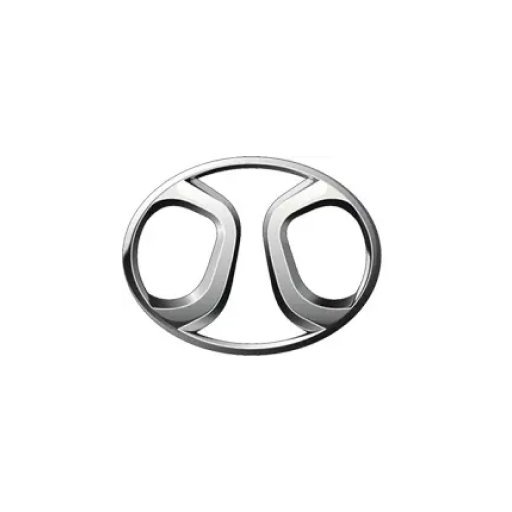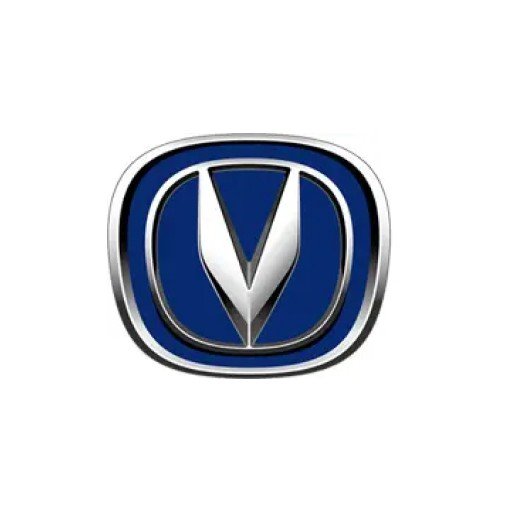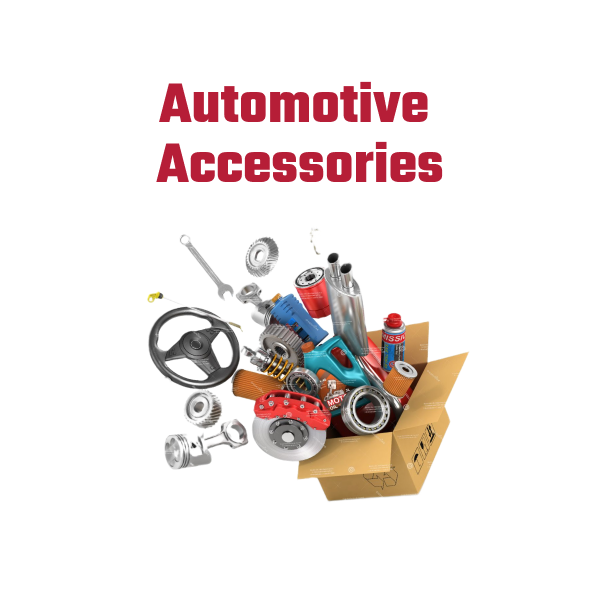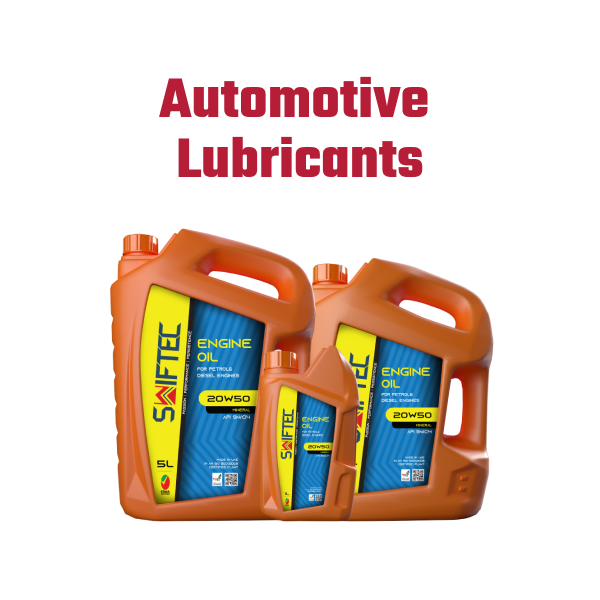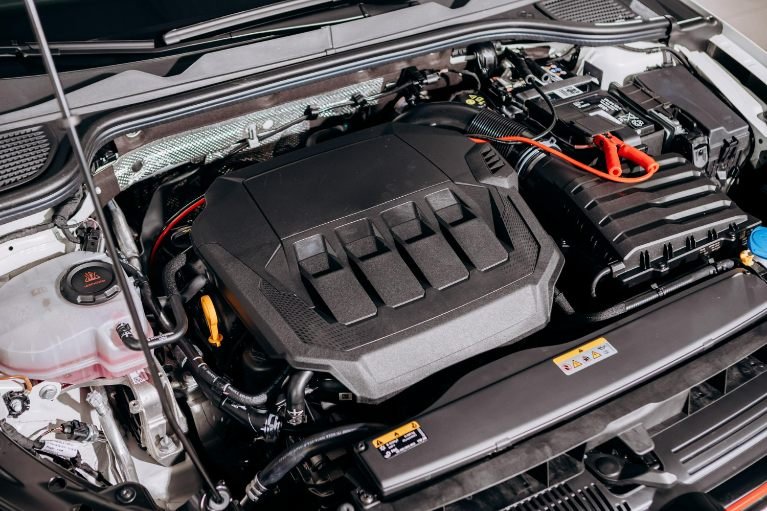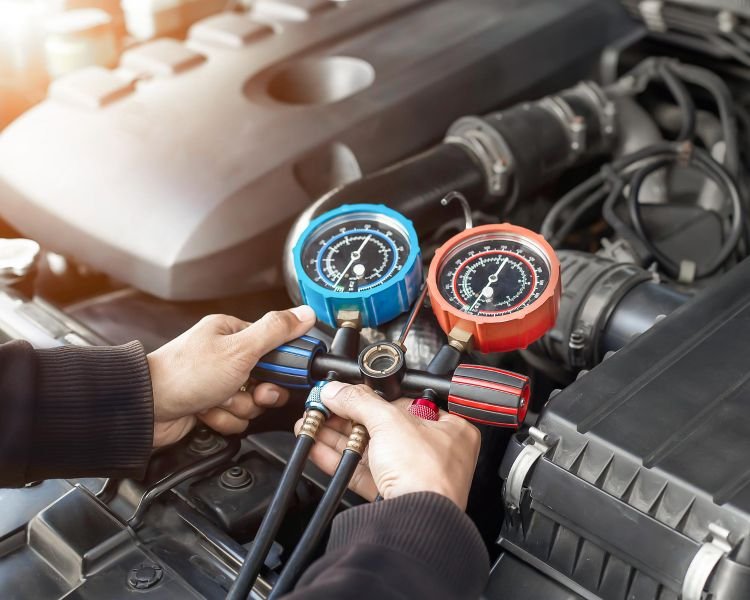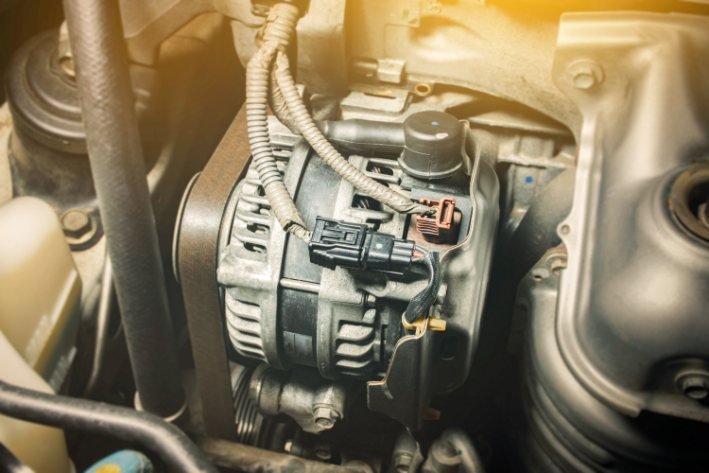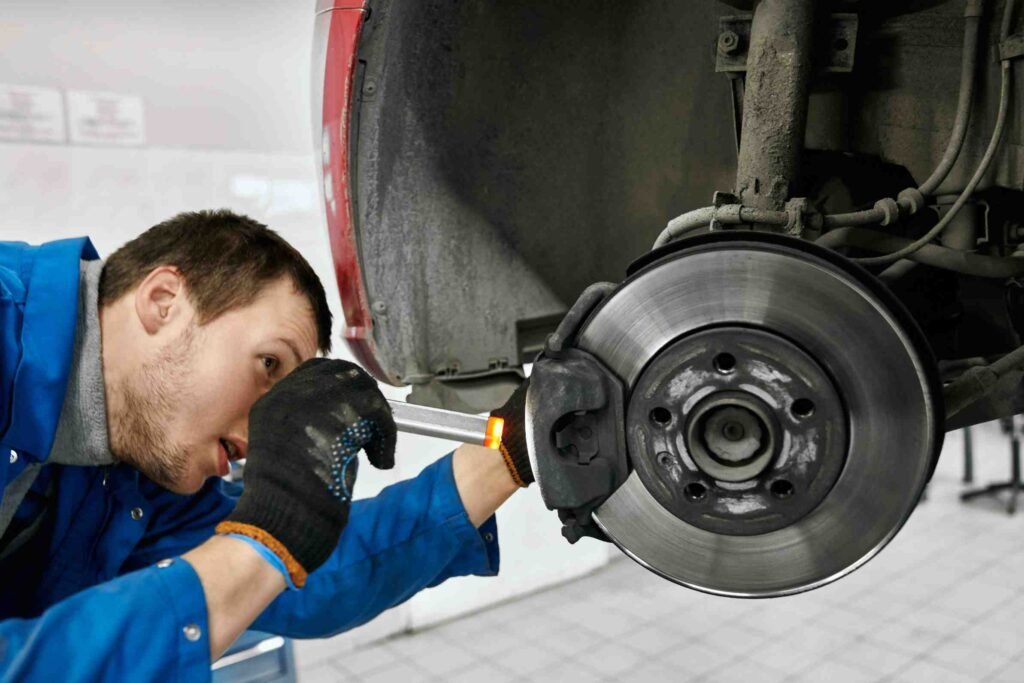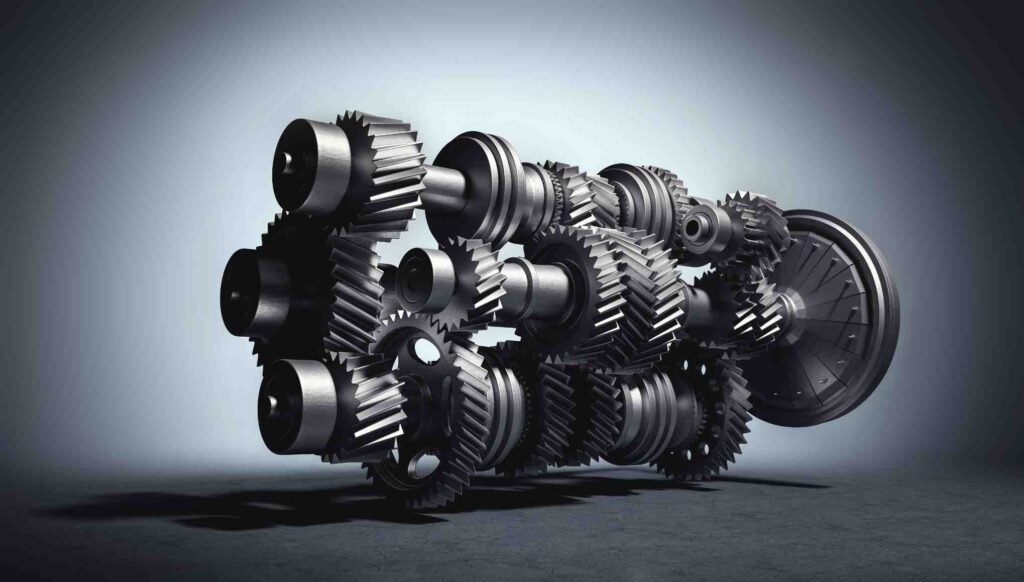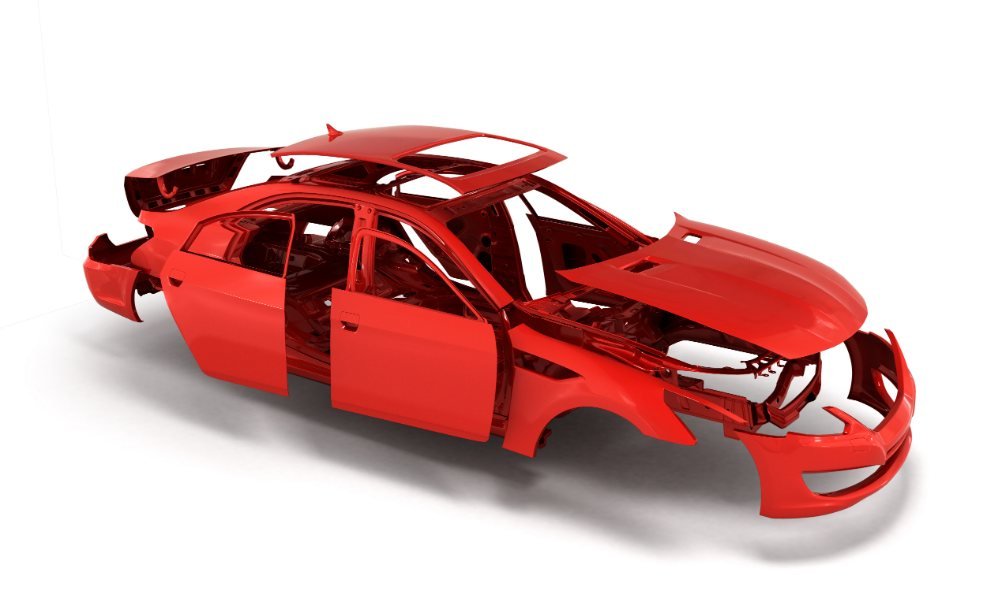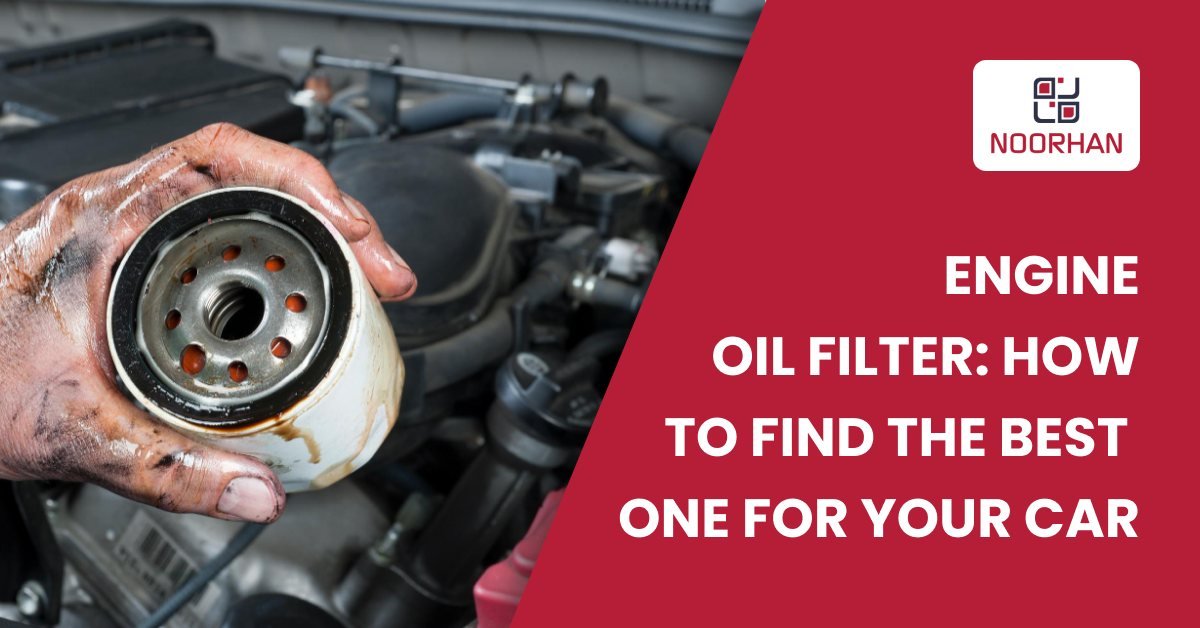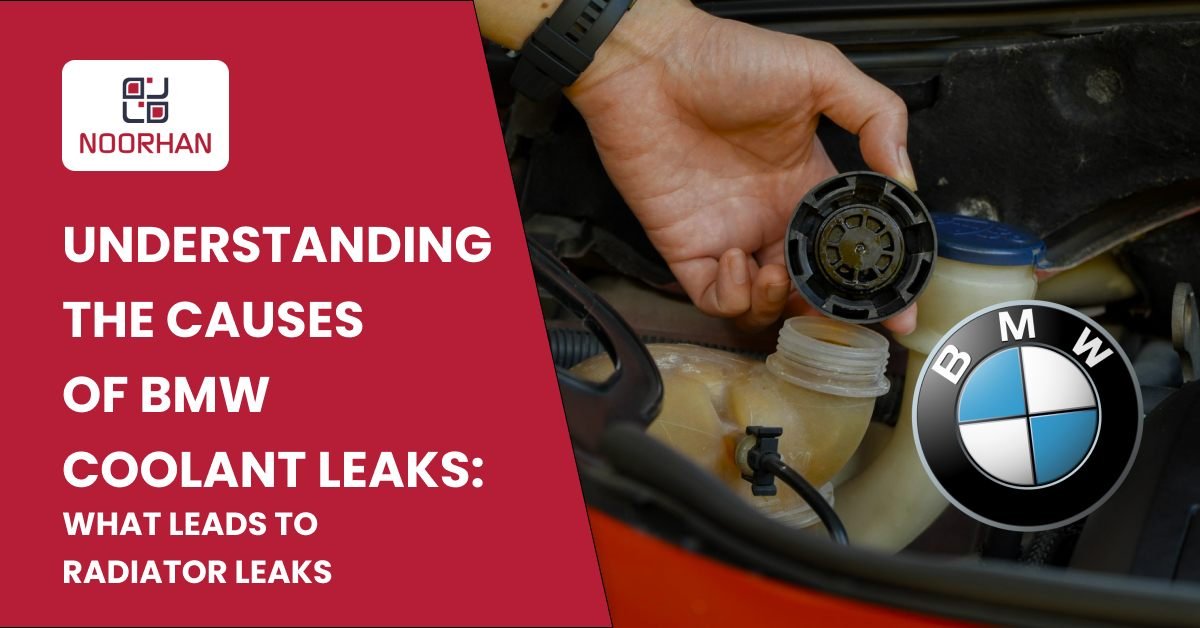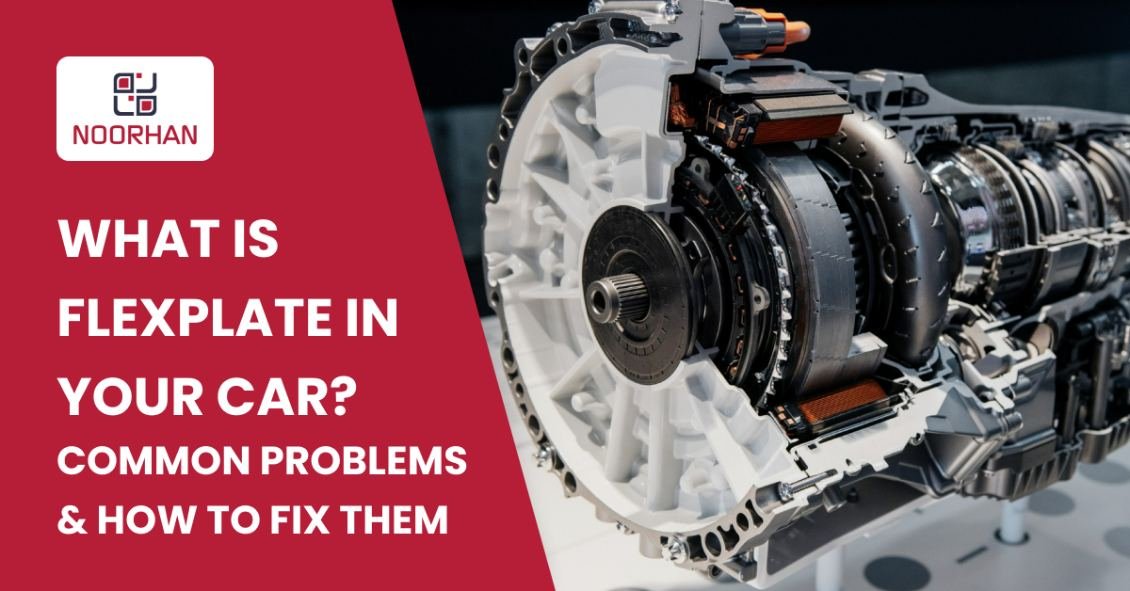Engine Oil Filter 101: How To Find The Best One For Your Car
Every car’s ability to operate smoothly depends heavily on the oil filter. The oil filter prevents impurities that build up over time from entering the engine, while engine oil keeps the engine operating longer. The oil filter is just as crucial to the car’s correct operation as motor oil is. The oil becomes contaminated as it flows through the filter and is cleaned once it enters through the perforations on the base plate. Selecting the appropriate filter is critical to your car’s seamless operation.
How Do Engine Oil Filters Work?
The oil filter in an automobile collects impurities and debris using a range of filter media, including synthetic fibres, cellulose, or a mixture of the two. As the oil passes through the filter element, The filter media collects dirt, metal shavings, and other debris present in the oil. The micron rating of the filter, which expresses how big the holes in the filter media are, determines the size of the particles the filter can hold.
The oil exits through the output port and re-enters the engine after passing through the filter medium. As trapped material builds up in the filter media over time, the oil flow decreases and the pressure inside the motor oil lubrication system rises. If this occurs, an engine-mounted bypass valve in the filter housing will open, letting unfiltered oil pass through. To avoid this situation, it’s essential to replace the oil filter regularly.
Types of Engine Oil Filters
Oil filters are essential for preventing dirt and debris from entering the engine of any car because they trap them. There are many types of oil filters available, and each has some benefits of its own.
Cartridge Filters
These filters, which are typically found in older vehicles, consist of a cylindrical paper or mesh filter element enclosed in a metal case. Cartridge filters are easy to change and frequently reasonably inexpensive.
Spin-On Filters
The majority of modern cars have these. These filters include self-contained housing and are simple to install with a wrench. Spin-on filters are often considered more convenient, even though they are often more expensive than cartridge filters.
Magnetic Filters
They draw and hold onto metallic detritus with the help of a magnet. Vehicles that constantly encounter metal wear and tear, such as race cars or vehicles that routinely travel on gravel roads, will find these filters especially helpful.
Magnetic filters are less effective than other types of filters because, although they are good at capturing metallic waste, they are not effective at catching non-metallic particles.
Mechanical Filters
To capture impurities, this kind of oil filter has a pleated filter paper or cotton waste element. The oil flow becomes impeded as the materials begin to accumulate on top of the filter. Regular maintenance of these filters is necessary to ensure your car runs smoothly.
High-Efficiency Filters
It is stated that these filters increase the time between oil drains. The pore size of high-efficiency filters is usually 3 micrometres to minimize engine tears (as indicated by multiple studies). It is known that some of these filters can increase the drain interval by five to ten times.
Sedimentation Filters
Often referred to as the “gravity bed oil filter,” it lacks any particular filtration material. It uses gravity to work on the contaminants included in the oil. The clean oil rises and the heavier dirt falls as the oil passes through the filter. Unfortunately, because the engine oil enters at a specific pressure and velocity and does not have enough time for the debris to settle, this method of filtering it is not the most effective. As a result, the likelihood of the pollutants escaping gravity’s clutches and entering the engine is high.
Which Oil Filter is Compatible With Your Car?
So, we’ve figured out what an oil filter does and that it’s kinda crucial. Now, let’s get into picking the right one for your car. There’s some stuff to think about, though.
1. Pick the Right Size
You gotta match the oil filter size with your car’s engine size. The filter design might change depending on what the carmaker wants. So, look up what size and design your car’s engine needs in an oil filter before you buy one. If you get this right, finding the perfect oil filter should be a breeze.
2. Watch Your Wallet
Oil filters come in all sorts of prices. Depending on how much you’re willing to spend, you can grab one from a store or online.
Look at the filters different companies offer and pick the one that fits your budget and vibes. This way, you get the best deal for your car. Prices can be different because of the brand name, you know?
3. Check if It’s Friends With Your Car
Not all cars can be buddies with any oil filter. Cars use different filters based on how their engines are set up. So, make sure the oil filter you choose is cool with your car’s make, model, and engine size. The owner’s manual or the car maker can spill the beans on the specs and part numbers you need.
4. The Material Story
Oil filters come in all sorts of materials – paper, steel, synthetic stuff. The material affects how good the filter is at its job and how long it lasts. Some filters can handle shocks and high temps better. So, go for filters that can take a beating.
5. Weather Chit-Chat
Weather matters when it comes to oil filters, especially in winter. When it’s freezing, the oil gets thick. Microglass filters let thicker oil through without a fuss, so they’re great for colder weather.
6. Give it a Once Over
More pleats mean better filtering. Look for filters with a filtration number between 3 to 10 microns. Go for the metal end cap ones, ditch the cardboard types. Don’t forget an oil filter adapter and wrench that your engine needs. Give the filter a thorough inspection before sticking it in your car. Safety first!
7. Maintenance and Considerations
Different oil filters need to be changed more frequently than others. Take into account the manufacturer’s instructions and the suggested servicing period for the filter. Furthermore, the frequency of oil filter changes can be influenced by variables including operating circumstances and driving behaviour. Maintaining the health of the engine depends on changing the oil filter on a regular basis at the suggested intervals.
8. Go For Brands
To guarantee dependability and efficiency, pick a reliable brand for your oil filter. Well-known companies frequently have a track record of meeting or exceeding industry standards for high-quality filters. You can find trustworthy brands in the sector by looking up consumer reviews and speaking with automobile specialists. A handful of our own suggestions have been included later in this article.
So, there you go, picking an oil filter is a bit like finding the right dance partner for your car’s engine. I just gotta make sure they jive together.
How To Replace an Engine Oil Filter
To maintain the lifetime and health of your engine, replacing an oil filter is a crucial component of routine auto maintenance. It must be done correctly.
- Locate the oil filter on your car’s engine. Even though it’s normally adjacent to the oil pan, it’s a good idea to check your owner’s manual just to be sure.
- Use an oil filter wrench to remove the old filter. Take care to set up a container to catch any spilled surplus oil.
- Before changing the filter, lightly coat the gasket with fresh oil. This will create a more robust seal and make removal easier when the next oil change is scheduled.
- Don’t overtighten the replacement filter; instead, install it gently.
- After replacing the filter, fill the engine with the necessary amount of new oil.
- Start the engine and run it for a few minutes to ensure proper oil circulation. Search the area around the filter for any leaks, then clean up any possible oil leaks..Kindly discard your old oil and filter to protect the environment.
When Should You Replace The Oil Filter
We are all inconvenienced when we have to change our oil filters. You need to change the filter in your automobile on a regular basis to keep it operating smoothly. The filter prevents contaminants from entering the engine, thus it’s essential to change it on a regular basis to prevent screened particles from building up and eventually clogging the filter.
When doing an oil change is the ideal time to replace a filter. Most manufacturers recommend changing the engine oil every 5,000 to 10,000 miles, depending on the make and model of the vehicle.
Conclusion
You need to know the fundamentals of oil filters in order to select the ideal one. Remarkably, a high-quality oil filter can improve your car’s performance; a low-quality filter has the opposite effect.





















